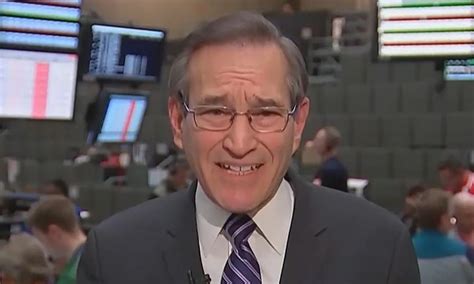A Quote by Rick Santelli
I like free markets, but I do like fair markets.
Quote Topics
Related Quotes
On the one hand, you have markets such as Singapore and Thailand, with an extremely strong inbound booker market and a well-developed tourism industry. You also have markets that are just opening up to tourists, like Myanmar, that have massive growth potential and then markets that are extremely fragmented within themselves such as Indonesia.
There are markets extending from Mali, Indonesia, way outside the purview of any one government which operated under civil laws, so contracts weren't, except on trust. So they have this free market ideology the moment they have markets operating outside the purview of the states, as prior to that markets had really mainly existed as a side effect of military operations.
Markets are a social construction, they're made from institutions. We in a democratic society create markets, we constitute markets, we bring them into existence, and we shouldn't turn markets over to a narrow group of people who regulate them and run them in their interests, rather they should be run democratically for the common good.
These people say free markets are the way to go, but wink, wink, the markets aren't really free. They're just a protectionist racket, and we have to pay for it all on every level. It's really quite extraordinary, and immoral, and illegal. These things need to be named, and shamed, and outed, and mocked, and prosecuted.
































